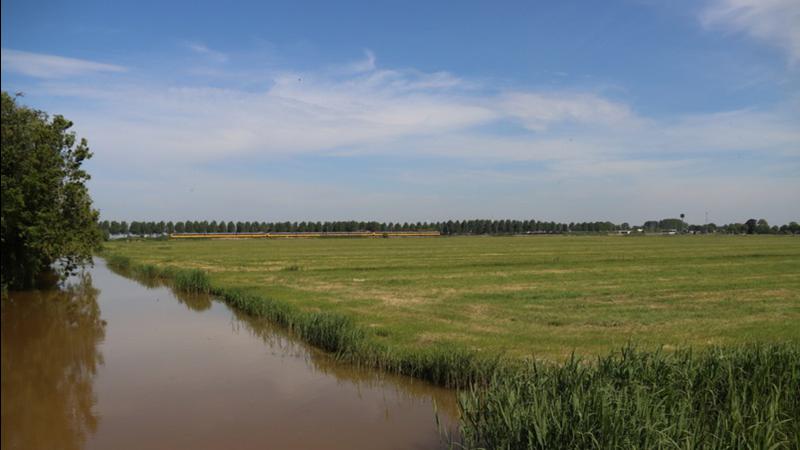
Agriculture Roundup for Monday, June 5, 2023
The Nature Conservancy of Canada hopes to raise $500 million to conserve more than 5,000 square kilometres in Alberta, Saskatchewan, and Manitoba by 2030.
Jeremy Hogan, the non-profit organization’s director of Prairie Grassland Conservation, said there’s only about 18 per cent left of the Great Plains Prairie grasslands in Canada and about 600 square kilometres are lost each year.
Hogan said grasslands are often converted to fields for growing crops or taken over by expanding cities and towns, but he calls them an “unsung hero” for the environment.
–


